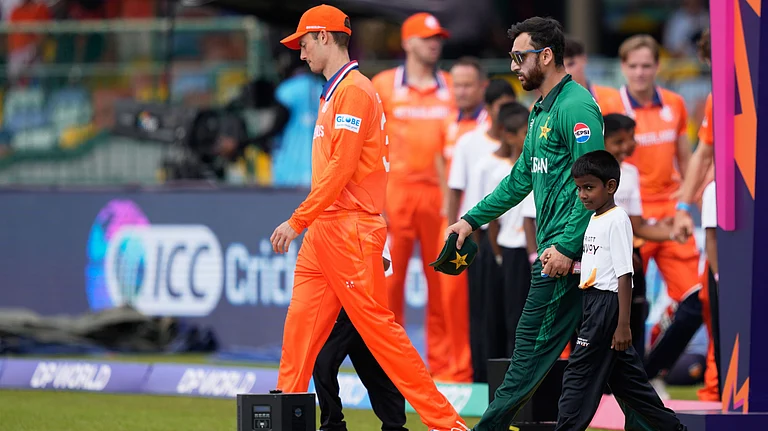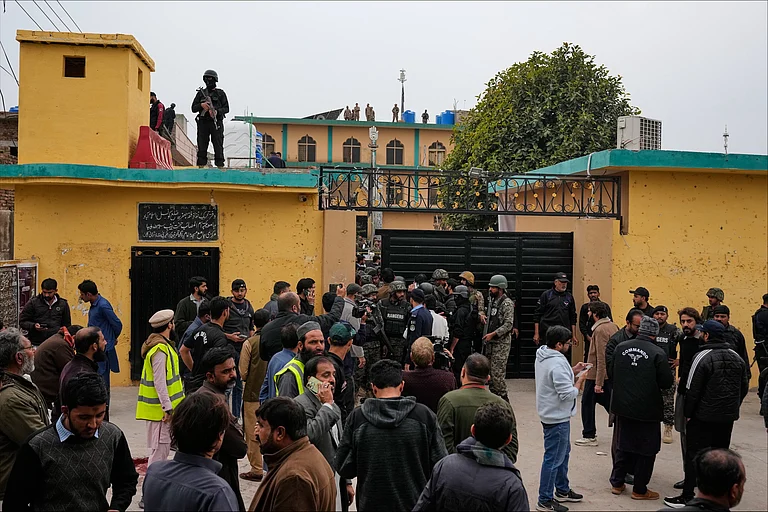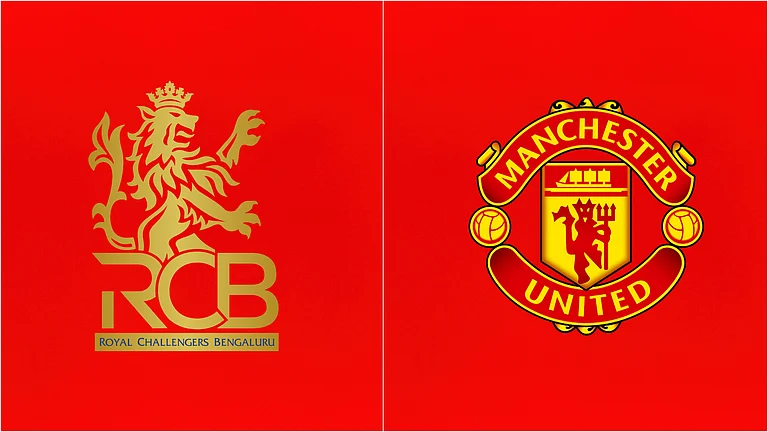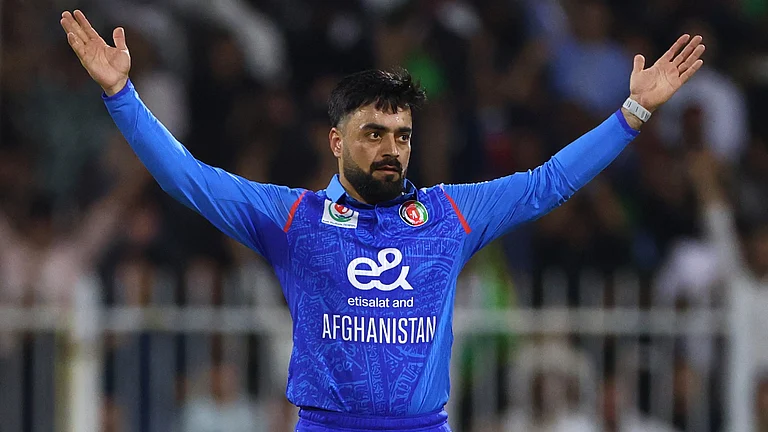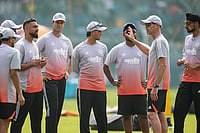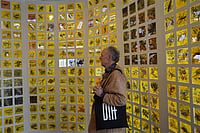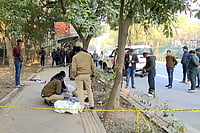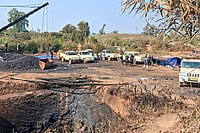The University of Northern Virginia rarely set off any bells of recognition. Its owner, Daniel Ho, had hoped to keep it that way. In an interview with the Chronicle of Higher Education in 2011, Mr Ho said: “We don’t want people to know us”. That changed a bit on July 16, when the Annandale-based for-profit institution, a short drive from Washington and popular with students from India, was ordered to be shut down because it failed to regain the accreditation it lost in 2008. It had failed four crucial audits conducted by the State Council of Higher Education for Virginia (SCHEV), which highlighted a pattern of neglect of such essentials as having a qualified faculty and proper curricular content. Hundreds of students, many of them from India and most from Andhra Pradesh, now find themselves in a limbo.
To David North, a fellow at the Centre for Immigration Studies who has followed UNVA’s misfortunes, the red flags were in plain sight: from the nondescript four-classroom facility, to the raid by immigration officials in 2011 and the subsequent resignation of chancellor David Lee after it was revealed that he ran a sex dungeon in his home. “[The sex dungeon] was the frosting on the cake,” says Mr North.
UNVA also offered its students CPT (Curricular Practical Training) authorisation—temporary training authorisation for work directly related to one’s field of study—at the start of the course, which was unusual, since by law students must have been enrolled on a full-time basis for one academic year before being eligible for CPT.
North had visited UNVA in 2011, posing as the uncle of a prospective student. He asked to sit in on a class, but was told then that classes were only held in the evenings and on weekends. “So there was nothing for me to see, but I did see that it had just four classrooms! This was a very obvious scam,” North told Outlook.
On July 16, UNVA’s certificate to operate was formally revoked by SCHEV. UNVA “must cease operations immediately as a post-secondary institution,” the council said in a statement. In 2008, UNVA had lost accreditation with the Accrediting Council for Independent Colleges and Schools. It never regained it.
In a message posted on the school’s website, UNVA chancellor Ali Dastmalchi acknowledged the SCHEV action and said “UNVA is no longer offering any programs to new students in Virginia”. He added, “Our offices will remain open,” but UNVA’s phones went unanswered.
UNVA is not the first educational institution to be shuttered in America. In 2011, California-based Tri-Valley University, another favourite with Indians, was famously the subject of a US Immigration and Customs Enforcement (ICE) criminal investigation. Probe officials said TVU was a “sham university”.
The cases of TVU and UNVA are different. While TVU was shut down as a result of ICE action, UNVA was closed on the orders of the state of Virginia. And while ICE terminated the Student and Exchange Visitor Information System (SEVIS) records of all TVU students without warning, it hasn’t as yet taken any action with regard to the UNVA SEVIS records. “However, it seems highly likely that...ICE will terminate all UNVA SEVIS records too,” according to the law firm of immigration attorney Sheela Murthy.

Buyer beware An education fair in Delhi. (Photograph by Sanjay Rawat)
What TVU and UNVA have in common is that both appear to have exploited loopholes in the immigration law and used the lure of low fees to attract foreign students eager to procure a US degree. Most people who deal with schools like UNVA are not innocent victims, says North. At TVU, students received fee reductions if they recruited other students. “Most, but not all, are in on the scam,” says North. “In the case of Tri-Valley, you’d have to have your eyes shut and your ears closed to engage with it without realising what you are getting involved in.”
Indian students at UNVA—forming the bulk of its foreign students—did not respond to interview requests, but Murthy, who has provided consultations to many, is of the firm opinion that they shouldn’t be blamed. “It is unfair to blame the victim of a crime,” Murthy told Outlook. “There are scams out there and we’ve to be cautious, but by the same token, when you’re halfway across the world, in a country like India, and you find out from friends about a really good deal [offered by] a university, you take it.”
In UNVA’s case, Murthy says the Department of Homeland Security’s Student and Exchange Visitor Program (SEVP) sent a memorandum to the school after the recent state action, informing it that it could continue enrolling foreign students. “The SEVP letter says the state of Virginia is clamping down, but SEVP still has [UNVA] as an active university,” she adds. SEVP’s list of ‘certified schools’, updated on July 24, lists UNVA.
Under federal immigration law, once a school is deemed illegal, foreign students must leave the country. But since SEVP has not yet declared UNVA illegal, even though the state of Virginia has decertified it, students may still have time to enrol in a new academic institution, points out Murthy.
The recent revelations of dubious varsities has North worried about the possibility that many more such sham schools exist in the US. “Who is there who has a vested interest and will say, ‘Let’s shut that down’?” he asked. “The students don’t complain, the faculty doesn’t complain.”
By Ashish Kumar Sen in Washington







